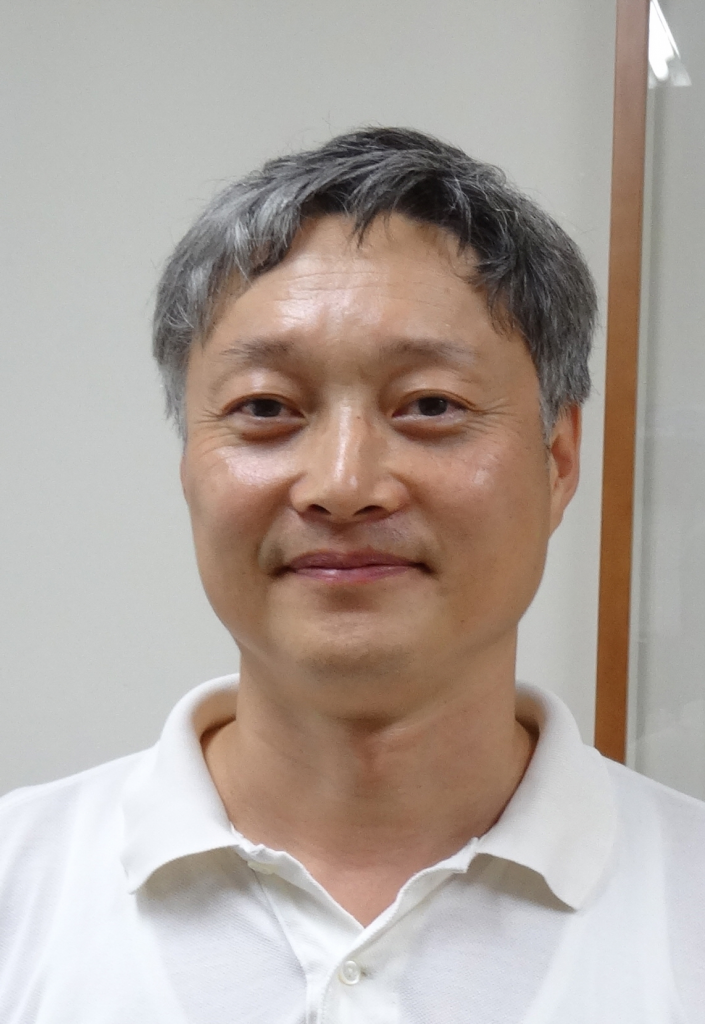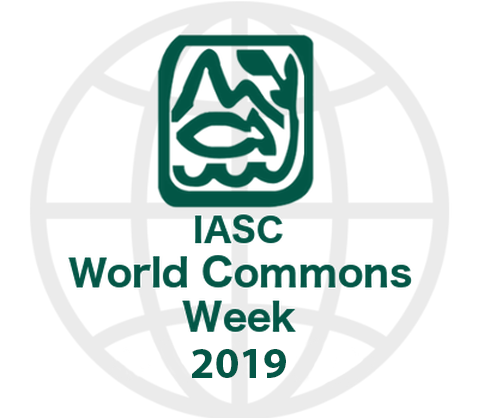Revising the Concept of Commons for Commoning and Re-Commoning
Elinor Ostrom’s definition of commons is useful in preserving the commons that exists. However, many of the commons were privatized and disappeared in Asia, Africa and Latin America that experienced colonialism. There only a few commons remain and can be preserved today. Thus, it is more important reversing the privatized commons (that is “re-commoning”) than preserving commons in those areas. For the purpose of re-commoning, the criterion for the commons of Ostrom’s non-excludability is of no use. It is because, according to her definition, privatized commons are not commons anymore, which have excludability by law and technology. Therefore, a new criterion and definition are necessary for re-commoning. I suggest that excludability as the criterion of commons should change to legitimacy of monopoly. According to the new definition, certain resources that have no or little legitimacy of monopoly is commons and should be managed commonly. Thus, the new definition supports social movements for not only “communing” common properties but also the re-commoning certain private or club properties, which have no or little legitimacy of monopoly.
About the Speaker

Professor Hyun Choe is the Director of Jeju National University SSK (Social Science Korea) Research Center on the Commons and Sustainable Society and a Professor in the Department of Sociology at Jeju National University in Jeju, South Korea. He received his Ph.D. in Sociology from the University of California, Irvine, USA and a B.A. in Sociology from Seoul National University, Seoul, South Korea. He has written papers such as “Revisiting the Commons in South Korea (2017, in English), Seoul: Zininzin and “Jeju: The Island of the Commons” (2016, in Korean), Seoul: Jininjin. He can be reached at wnuni85@gmail.com.
